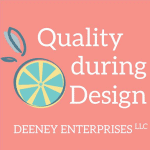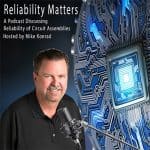
Why Your Cross-Functional Team Isn’t Communicating Effectively (And How to Fix It)
Have you ever watched a promising product idea slowly die in the fuzzy space between “great concept” and “actual development”? You’re not alone.
The journey from product idea to market-ready solution contains a critical yet often overlooked phase: concept development. This is where cross-functional teams must align their diverse perspectives to create a solid foundation for design. But as many product developers discover, this is precisely where communication frequently breaks down.
In this episode, we dive deep into why cross-functional teams struggle to communicate effectively during early concept development and how to fix it.







 Ask a question or send along a comment.
Please login to view and use the contact form.
Ask a question or send along a comment.
Please login to view and use the contact form.